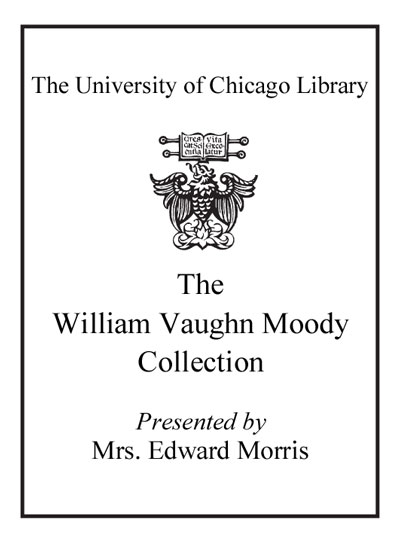Review by Choice Review
In great part in response to Arnold Rampersad's biography Ralph Ellison (CH, Dec'07, 45-1908), Parrish (Florida State Univ.) focuses on Ellison's lifelong accomplishment, e.g., his attempt to respond to W. E. B. Du Bois's call: "How does it feel to be a problem?" Parrish contends that Ellison responds to this question not only in his canonical Invisible Man (which he identifies as "one of the very few essential novels of American literature") but also in his posthumously published second novel, Three Days. Thus, whereas many of Ellison's biographers, like Rampersad, seem to be concerned with the incomplete literary life of Ellison, his "one novel," Parrish astutely shows a more complete life. In four chapters, Parrish explores the problems "with a literary history that obsesses over what an author chooses not to publish and ... renders its judgment ... without ever reading the actual pages that author did in fact write." In addition, Parrish bears witness to the shackles placed on Ellison's genius during his lifetime and into the present. He ponders why Ellison did not publish his second novel (and whether it should have been published). In sum, Parrish cuts through the propaganda of discourse and reminds the reader of Ellison's genius. Summing Up: Highly recommended. Lower-division undergraduates through faculty. P. D. Hopkins Christopher Newport University
Copyright American Library Association, used with permission.
Review by Booklist Review
Lamenting that so many biographies of Ellison, Arnold Rampersad's 2007 work among them, reduce the writer to his failure to follow up on Invisible Man and his perceived shortcomings as a race man, Parrish chooses to focus on what Ellison did accomplish. Invisible Man contributed to changes most obviously codified by the Brown decision as the nation finally struggled to come to grips with the second-class citizenship of African Americans. Ellison, the intellectual, was so overwhelmed by the changes he saw and wrought in his lifetime that he spent as much time trying to analyze and comment on the changes as he spent on writing more fiction. Parrish draws on archival materials, including Ellison's recently published unfinished novel, Three Days before the Shooting, to examine the intellectual and literary heritage left by Ellison. Parrish contends that the true tragedy of Ralph Ellison is not that he never published another novel but that the scope of his extraordinary and arguably singular achievement as an American intellectual still goes unrecognized. Ellison fans will appreciate Parrish's insights on the writer's place in the American literary and political landscape.--Bush, Vanessa Copyright 2010 Booklist
From Booklist, Copyright (c) American Library Association. Used with permission.
Review by Library Journal Review
Refreshes our view of Ellison, challenging critics who dismiss him as the author of "just" one big novel. (c) Copyright 2011. Library Journals LLC, a wholly owned subsidiary of Media Source, Inc. No redistribution permitted.
(c) Copyright Library Journals LLC, a wholly owned subsidiary of Media Source, Inc. No redistribution permitted.
Review by Choice Review
Review by Booklist Review
Review by Library Journal Review

